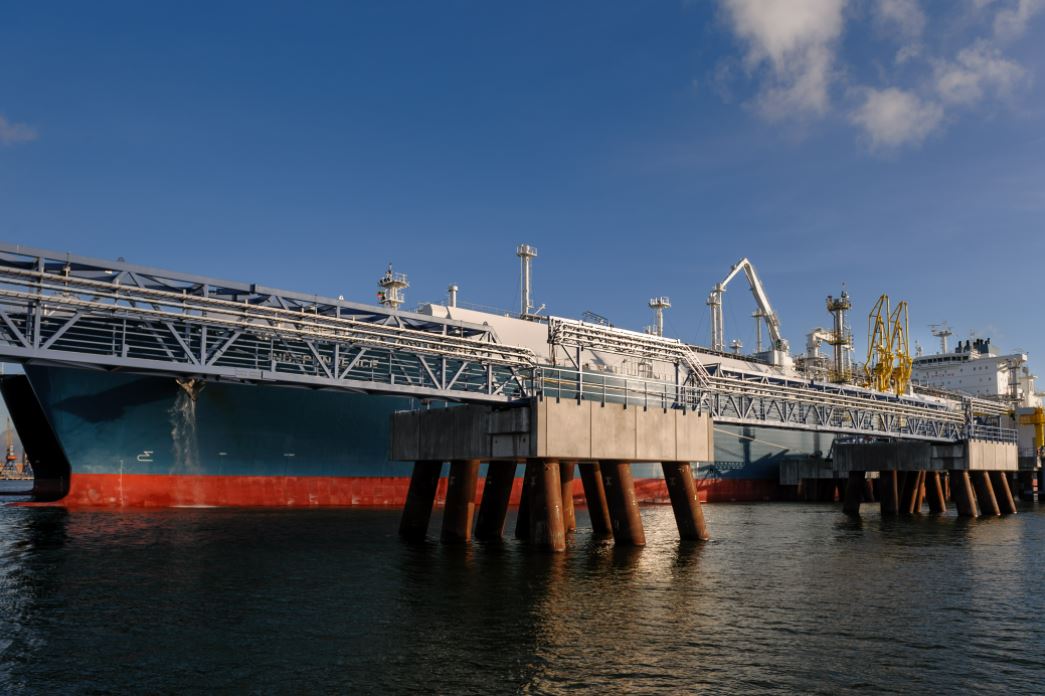Lithuania’s Klaipedos Nafta, the state-owned operator of the country’s first LNG import facility, said its shareholders have approved the acquisition of Hoegh LNG’s FSRU Independence.
KN revealed earlier this month it had decided to buy the unit for $153.5 million, excluding VAT, from Hoegh LNG at the end of its current lease deal but the deal was pending approval from its shareholders.
The company’s largest shareholder is the government of Lithuania with a 72.5 percent stake, followed by Achema with a 10.4 percent stake.
According to a statement on Friday, following the shareholders’ approval, KN will inform Hoegh LNG of its decision to exercise the option to redeem the FSRU Independence within the timeframe set out in the lease agreement, with a set deadline in December 2022.
KN has been leasing the 170,000-cbm FSRU Independence from Norway’s Hoegh LNG since 2014 under a ten-year deal.
The company said it would acquire the FSRU upon ownership right and become the owner by December 31, 2024, at the latest.
According to KN, the firm would conclude the purchase contract by December 2024.
Decision on FSRU management later this year
KN said it plans to take additional decisions regarding the operation and management as well as the registration of the vessel in 2022.
According to KN, the FSRU supplied 62 percent of the total volume of gas imported to Lithuania in 2021. The regasified LNG ended up in Lithuania, Latvia, Estonia, and Finland.
KN added that the largest share of LNG, imported by LNG terminal users through infrastructure in Klaipeda, was delivered from the US.
In September last year, KN said the vessel had completed its 250th STS LNG operation.
The Independence FSRU received shipments from all over the world, including Norway, Egypt, Trinidad & Tobago, the US, Russia, and Nigeria.
“Value created by the LNG terminal is more than tangible. Our cost-benefit analysis shows that by operating the LNG terminal Lithuania saves gas consumers around 140-150 million euros annually, depending on the gas price and the volume of gas consumed,” Darius Silenskis, CEO of KN said.
“At the moment, the world’s major powers, including those in Europe, are turning to the LNG terminals as one of the main guarantors of energy security,” said Silenskis.

